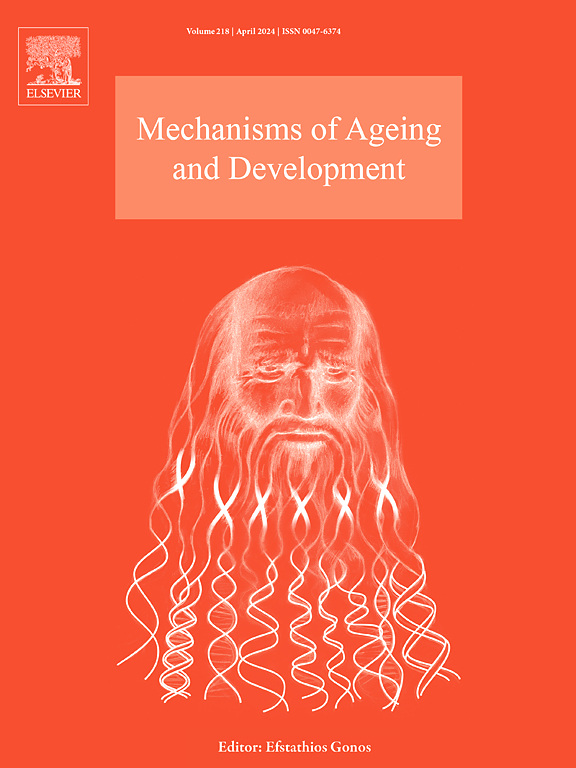In reviewing the emerging biomarkers of human inflammatory bowel disease (IBD): Endothelial progenitor cells (EPC) and their vesicles as potential biomarkers of cardiovascular manifestations and targets for personalized treatments
IF 5.1
3区 医学
Q2 CELL BIOLOGY
引用次数: 0
Abstract
Inflammatory bowel diseases (IBD) are chronic inflammatory and pathological conditions of the gastrointestinal tract, which include two main clinical subtypes: Crohn's disease (CD) and ulcerative colitis (UC). IBDs show an increase in their age-standardized global incidence rate worldwide, with no gender differences, although the age-standardized mortality rate has decreased over the years. Indeed, thanks to recent therapies with novel mechanisms of action, including those with biologics and small molecules, it has been possible to reduce the mortality rate of IBDs. However, a significant percentage of IBD patients remain refractory to these multiple advanced therapies. Therefore, another challenge of IBD research remains the development of novel therapies with novel agents or cells that could improve the quality of life and outcome of IBD patients. Furthermore, another aspect to be studied in IBDs is not only the high risk of progression not only to neoplastic transformation but also to the development of cardiovascular disease (CVD). Consequently, 25–40 % of IBD patients present with cardiovascular manifestations. Here, we propose that the altered number and functions of endothelial progenitor cells (EPCs) may represent one of the crucial mechanisms associated with incomplete/delayed healing of IBD and may offer the possibility of using them, as well as their vesicles and content, as novel biomarkers and potential candidates of cell therapy for IBD. The advantages and limitations are extensively described and discussed.
回顾人类炎症性肠病(IBD)的新兴生物标志物:内皮祖细胞(EPC)及其囊泡是心血管表现的潜在生物标志物和个性化治疗的靶点。
炎症性肠病(IBD)是胃肠道的慢性炎症和病理状态,包括两种主要的临床亚型:克罗恩病(CD)和溃疡性结肠炎(UC):克罗恩病(CD)和溃疡性结肠炎(UC)。在全球范围内,IBD 的年龄标准化发病率呈上升趋势,无性别差异,但年龄标准化死亡率逐年下降。事实上,由于最近出现了具有新作用机制的疗法,包括生物制剂和小分子疗法,IBD 的死亡率得以降低。然而,仍有相当比例的 IBD 患者对这些多种先进疗法不耐受。因此,IBD 研究面临的另一个挑战仍然是开发使用新型制剂或细胞的新型疗法,以改善 IBD 患者的生活质量和预后。此外,IBD 还有一个值得研究的方面,那就是它不仅具有向肿瘤转化的高风险,而且还具有向心血管疾病(CVD)发展的高风险。因此,25%-40% 的 IBD 患者都有心血管方面的表现。在此,我们提出,内皮祖细胞(EPCs)数量和功能的改变可能代表了与 IBD 愈合不全/延迟相关的关键机制之一,并提供了将它们及其囊泡和内容物用作新型生物标记物和 IBD 细胞疗法潜在候选者的可能性。该研究对其优势和局限性进行了广泛的描述和讨论。
本文章由计算机程序翻译,如有差异,请以英文原文为准。
求助全文
约1分钟内获得全文
求助全文
来源期刊
CiteScore
11.10
自引率
1.90%
发文量
79
审稿时长
32 days
期刊介绍:
Mechanisms of Ageing and Development is a multidisciplinary journal aimed at revealing the molecular, biochemical and biological mechanisms that underlie the processes of aging and development in various species as well as of age-associated diseases. Emphasis is placed on investigations that delineate the contribution of macromolecular damage and cytotoxicity, genetic programs, epigenetics and genetic instability, mitochondrial function, alterations of metabolism and innovative anti-aging approaches. For all of the mentioned studies it is necessary to address the underlying mechanisms.
Mechanisms of Ageing and Development publishes original research, review and mini-review articles. The journal also publishes Special Issues that focus on emerging research areas. Special issues may include all types of articles following peered review. Proposals should be sent directly to the Editor-in-Chief.

 求助内容:
求助内容: 应助结果提醒方式:
应助结果提醒方式:


